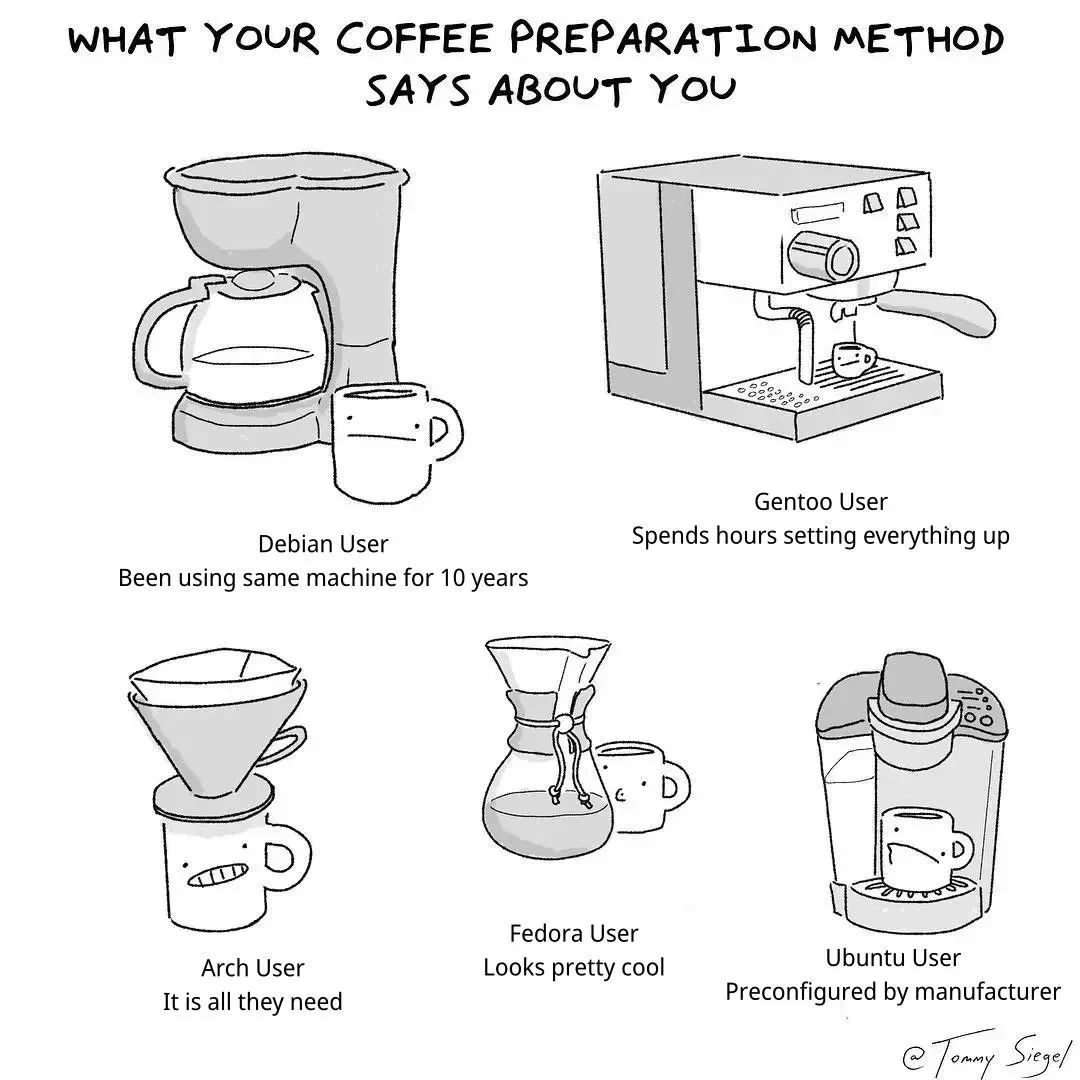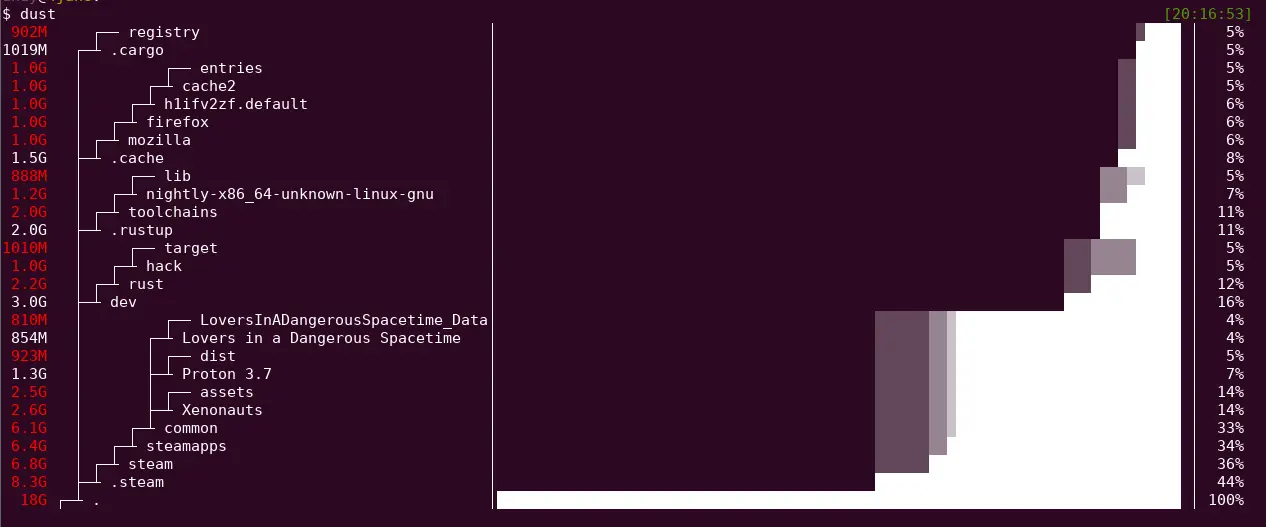Debian + Nix + Flatpak is a pretty sweet combo!
sunstoned
Relevant :)

I think the real question is what do you want to learn?
If you want to learn Linux for a job I would recommend Fedora. The packages are up there with Arch in terms of being close to latest. SELinux, a security architecture, is standard in the RHEL ecosystem (Fedora is the testing distro for Red Hat Enterprise Linux). DNF gets a lot of flak for being slow but with the recent update to DNF5 in Fedora 41 there are noticeable improvements.
If you want to learn what's going on under the hood in traditional Linux, use Arch.
If you want guard rails so you don't break things, use an immutable distro like Bluefin.
Heck, distro hop for a bit so you learn how to answer this question for yourself :) -- you can check out separate home partitions so you can change distros, or install multiple, without getting rid of all of your settings / data. Use nix package manager and home-manager so you can reproduce your configs when you distro hop.
Don't think too hard about the DE. You can always switch to a new one. I generally keep 2-3 DEs on my system at a time so I can change it up at the login screen if the mood strikes. It takes all of 15 min to get set up for an absolute newbie.
That's a great point. I suppose Framework wasn't necessarily the one to push for this.
The fact that they are fine with holding approval authority implicates them in my mind. Though, I guess this is tougher when form factors are open source and all parts are very easy to find. DeepComputing can kind of make whatever they want (with whatever restrictions they want) and naturally be associated with Framework's brand.
Any external sharing of user experiences of the Early Access Program must be approved by DeepComputing and Framework before publication.
Yikes. I like Framework (have had one for a few years now) but this is not what I expect from them at all.
Once they drop this requirement and get to normal (removable) memory and storage I'd pay double this though!
I'm more of a dust man, myself. It runs recursively so it's easy to pinpoint the culprit.

[Image source: the project's README]
I prefer Syncthing-fork for some more straightforward configuration. Mainly the three button options equating to "follow the run conditions, damnit", "run damnit", and "stop damnit"
Even faster -- tailscale. For a cheeky way to play with your friends make a burner account with a shared login to get on the same tailnet for free. On the endpoints, turn off tailscale-ssh and any of their other "features" you don't need.
I'm a big fan of buying power tools twice. I happen to go Ryobi for the first round but Harbor Freight / Northern Tool are probably similar.
If you can stand the fuss, buy corded tools and skip the brand loyalty that comes with batteries.
The biggest killer of cheaper power tools is generally heat. There are plastic components in the drive train. They hold up great to short jobs, but heat is their kryptonite. If you let a Ryobi tool cool down whenever you notice it getting warm to the touch it'll last a long time. If you need to run a tool for hours at a time then skip the fuss and go straight to a more brand with a good reputation like DeWalt, Makita, Bosch, or Milwaukee.
Red boxes fit all brands :)
assuming you mean *can't
if cordless: batteries
else: brand cuckery

Unbelievable. What would we do? Hand it over to a non-profit akin to the Linux Foundation so we can have a flourishing ecosystem of technologies sharing momentum while branching out into their own flavors and augmentations? All of that, for what! To serve a public good via most common piece of software used on a day to day basis? Madness!